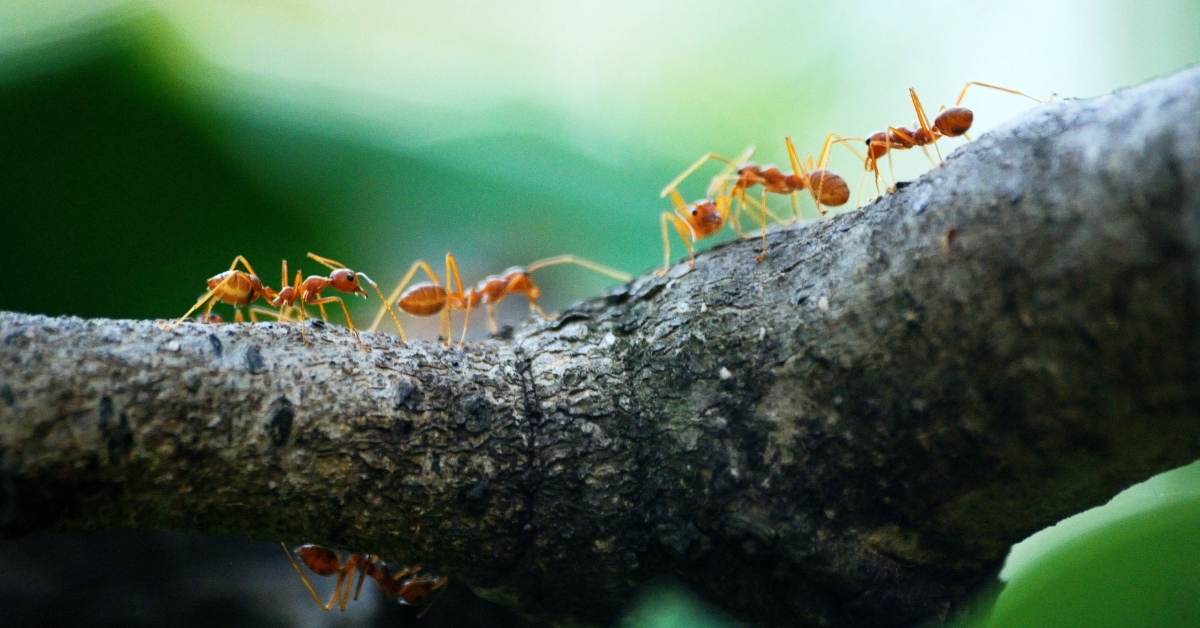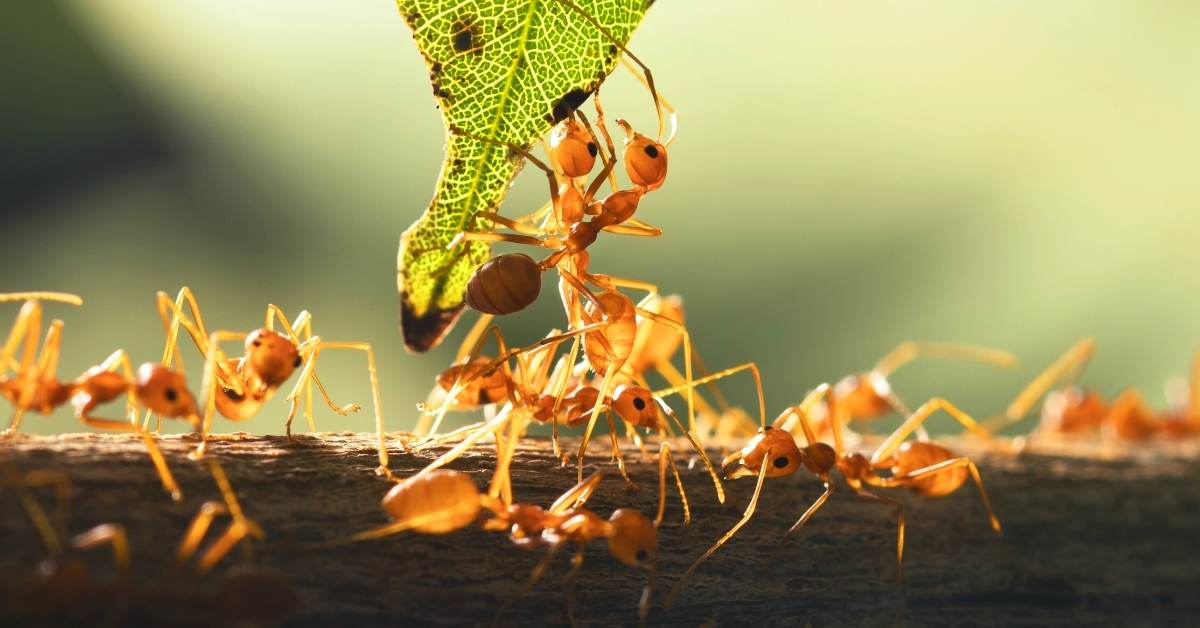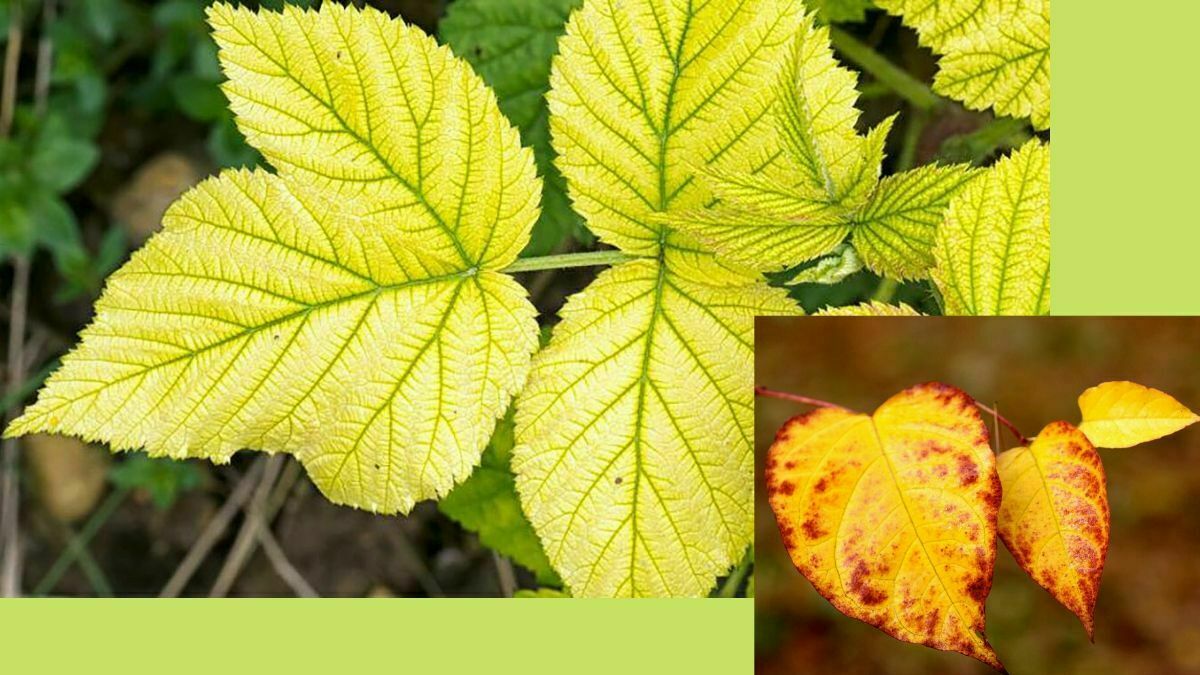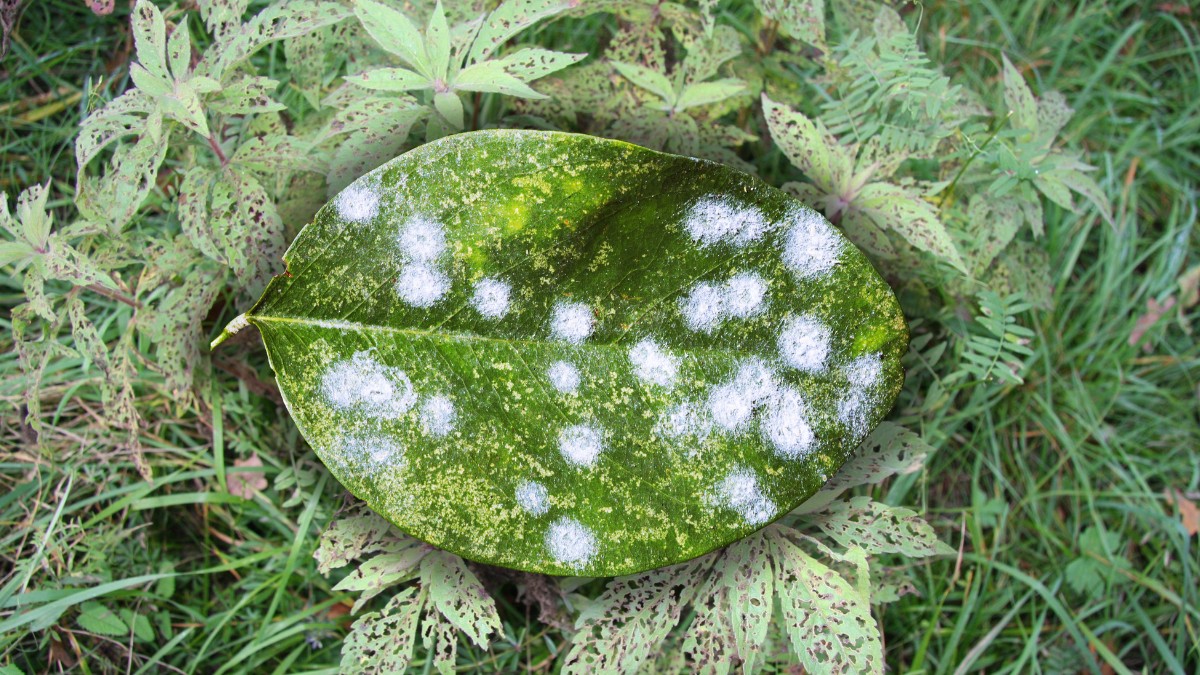Ants in the garden are annoying. Despite their small size, ants can pose significant challenges in our gardens and homes. Their unwavering commitment to their foraging trails can lead to food contamination, damage to plants, and an overall disruption of our otherwise peaceful garden space. As if their sheer numbers weren’t enough, some ant species also cultivate a symbiotic relationship with aphids – a known enemy to gardeners worldwide.
Ants protect these aphids from predators, seeking the reward of their sweet honeydew nectar. This mutualistic relationship between ants and aphids often escalates the problem, causing additional harm to the garden ecosystem. Therefore, a pressing need to control the ant population becomes necessary to ensure a healthy, thriving garden.
However, the challenge lies not just in managing these persistent invaders but in doing so in a manner that protects the health of our plants, our families, and the environment at large. While chemical pesticides may provide quick solutions, they often cause long-term harm to the broader ecosystem. So, the question becomes: How can we effectively control the ant population in our gardens without resorting to chemical means?
The good news is that various natural, environmentally friendly solutions can help manage ants in the garden. Let’s explore ten practical strategies for natural ant control, ensuring the safety of your plants, and promoting overall ecological balance.
Here are 5 natural ways of dealing with ants in the garden.

1. Diatomaceous Earth
Diatomaceous Earth (DE) is an excellent natural weapon against ants. Derived from fossilized diatoms (tiny aquatic organisms), DE contains microscopic, razor-sharp edges. These can pierce the exoskeleton of ants, causing dehydration and eventual death.
When using DE, ensure to spread it generously around ant-infested areas and directly on any visible ant nests. Remember always to wear a mask when handling DE to prevent inhalation.
2. DIY spray
- Making your own natural spray is another technique to deal with ants in the garden. You will need 1/2 teaspoon of liquid dish soap, 1 1/2 tbsp. Canola oil, 1 quart of water, and a clean empty spray bottle. Mix all together in a dish with a whisk, then pour the mixture into the bottle and shake it vigorously.
Spray the parts of your garden where there are a lot of ants, and if you notice an ant nest, pour the solution in there. The soap and the oil will go through their exoskeleton and spiracles, paralyzing them and suffocating them.
- Another spray solution that you can make to get rid of ants in your garden is a mixture of liquid dish soap, cayenne pepper sauce, and water. Mix 3 tbsp. of cayenne pepper sauce, 1/2 tsp. of liquid dish soap, and 1 quart of water in a bowl. Fill a spray bottle with the combined solution, spray it in an area with a large ant population, and pour it into their nests. This solution will suffocate and burn ants to death.

3. Leveraging the Power of White Vinegar
White vinegar is also a viable option for ant control. Pour a quart of white distilled water in the area where you can see the ants and pour a 5% concentration in their nest. Ants will die as a result of the acid in the vinegar.
4. Boiling water
You may use boiling water to get rid of ants in the garden if you don’t have time to make natural sprays. You should first open up the ants’ nest with a shovel or a spade before pouring the hot water in. The ants will be exposed if the nest or anthill is opened. Pour hot water into the nest to kill the ants, then repeat the process until all of the ants are gone.
5. Cucumber and orange peelings
You can use cucumber and orange peelings to get rid of ants in the garden. Place the peelings around areas where there are a lot of ants.
6. Setting up Borax Baits
Borax is a natural mineral that acts as a slow poison to ants. You can make an effective ant bait by mixing borax with a sweet substance like sugar water. Ants will be attracted to the sweet bait, consume it, and share it with their colony, including the queen. Eventually, the borax will kill the ants, effectively destroying the
colony.
7. Planting Ant-Repellent Plants
Certain plants are known to repel ants and other pests. Plants such as mint, tansy, garlic, and marigolds can deter ants with their strong odors. Integrating these plants into your garden can act as a natural barrier against ant invasions.
8. Using Essential Oils
Essential oils, like peppermint, tea tree, and citrus oils, have been found to be effective deterrents. You can create a natural ant spray by adding a few drops of these oils into the water and spraying it around your garden.
9. Introducing Natural Predators
Birds, spiders, and certain types of insects like ladybugs and beetles are natural predators of ants and can help keep their population in check. Encouraging these creatures in your garden can provide a natural form of pest control.
10. Maintaining Cleanliness
One of the best ways to prevent an ant infestation is by maintaining cleanliness in your garden. Ants are attracted to food sources. Ensuring your garden is free from food waste and cleaning up any fallen fruits or vegetation can help keep ants at bay.
While it can be a challenge to deal with ants, it’s comforting to know that there are natural and safe ways to handle them. Implementing these strategies requires patience, persistence, and consistency. Over time, these methods will help restore balance to your garden, ensuring it remains a peaceful, vibrant space.
Finally, remember that ants, like all creatures, play a role in the ecosystem. Their tunneling habits help aerate the soil, and they also contribute to the decomposition process. The goal should be to manage, rather than entirely eliminate, the ant population in your garden, creating a harmonious coexistence with these tiny, industrious creatures.

